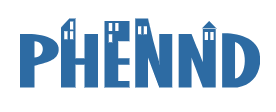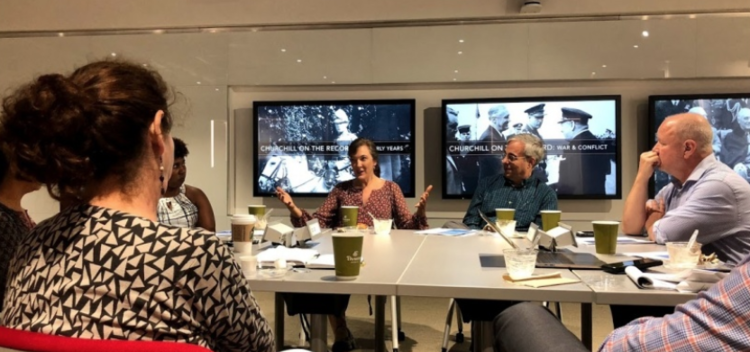New Community Engaged Scholarship Course for Spring 2019: PUBH 6299. 13 The Autism Experience: A Public Health Perspective
2 credit hours Friday, 10:10am - noon
Open to graduate and upper level undergraduate students
Instructor, Sean D. Cleary, PhD, MPH, Associate Professor of Epidemiology sdcleary@gwu.edu
A public health perspective of the autism experience is explored through service learning and community participatory research methods engaging autistic young adults, their parents, researchers, clinicians and other service providers. The course covers the science, viewpoints, and experience of autism with a focus on young adults transitioning to adulthood. Collaboratively with community advocates, students will explore research relevant to the autistic community.
Course Summary Autism spectrum disorder (ASD) is a complex developmental disorder characterized by repetitive behavior and delayed social interaction and communication (APA, 2013). National estimates indicate that autism affects approximately 1 in 68, or 14.6 per 1,000 8 year-old children (CDC, 2017; Christensen, 2016), with symptoms usually appearing in infancy or toddlerhood and continuing through adulthood. For children with ASD, early intervention has proven to be effective in enhancing functioning and educational attainment (Cohen et al., 2006; Dawson et al., 2010; Remington et al, 2007). But throughout their lifespan, individuals with ASD need additional and often different services, especially during the transition to adulthood. An estimated 50,000 adolescents diagnosed with ASD turn 18 each year (Roux et al, 2013). The transition to adulthood is challenging for all, but especially so for adolescents with ASD with aging parents (the primary care givers), with changing roles to independent adults with employment and social expectations of young adults (Shattuck et al, 2012). Many adolescents and young adults with ASD are unemployed primarily due to an inability to create an appropriate environment to thrive. Identifying and addressing these challenges is important given the magnitude and continued growth of the ASD population. This course was developed and will be implemented through continued engagement with autistic young adults, the Tribe, their families, the Growing Kids Therapy Center, SPARC, and others in the DC metro area. Collaboration with and continual review by community advocates will ensure the course covers relevant content to adequately prepare undergraduates or graduates that are interested in entering the workforce as researchers and/or practitioners working with autistic young adults and ensuring what is gained from the course is driven by the specific needs of the autism community.

















